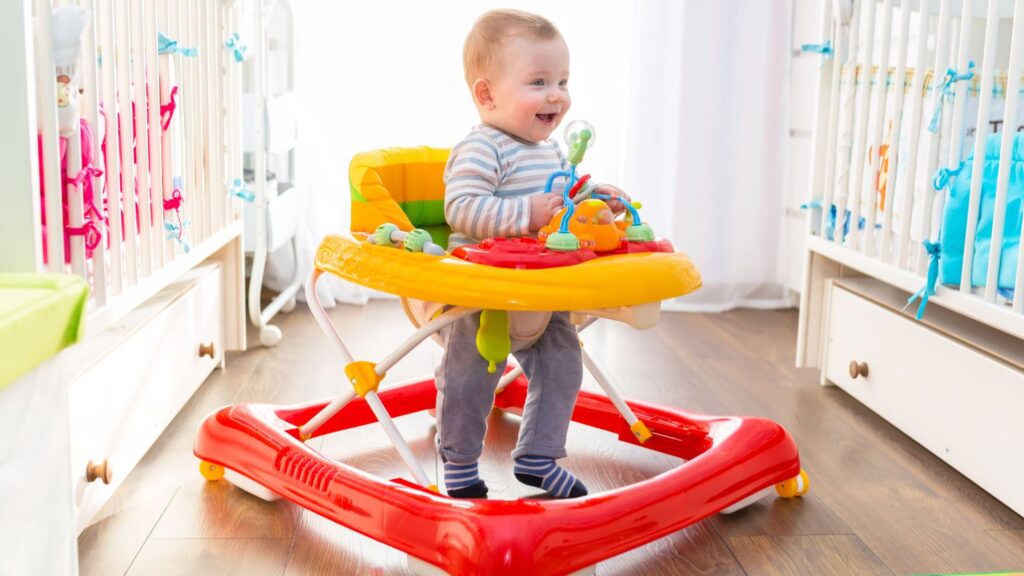
Why Every Parent Should Get 3D/4D Ultrasound Baby Pictures
Pregnancy is an exciting journey that is filled with joy and a little bit of nervousness. Every parent wonders what their baby will look like,

Most parents may opt to purchase a baby walker to assist their children in walking. But are baby walkers really beneficial to babies in any way? While some people have positive views and opinions about the issue, others are apprehensive about the safety aspects of process. As such, it is critical to weigh the pros and cons.
A baby walker is a device parents use to help babies with locomotion when they cannot walk. It normally has a shaped seat with holes for legs and wheels, enabling babies to scoot themselves on the floor. Most parents believe baby walkers facilitate early walking in babies, but they don’t know the following aspects of using walkers.
Most pediatricians discourage using baby walkers because of safety hazards and potential developmental impairment. These are often recommended as safer versions of walkers, which promote natural mobility and muscle development without the risks posed by walkers. You must seek advice from your child’s pediatrician whenever you decide on baby equipment.
Although baby walkers may appear to be an entertaining method of assisting your baby in moving, they have certain dangers, as explained below. Many parents can find better options that can help their baby develop without the risks involved. Contact us for more info at 4 Baby Ultrasound

Our 4 Baby ultrasound and sonogram sessions allow you to see your unborn baby in 2d, 3d, and 4d live motion with a 3D/4D/HD ultrasound at our locations in Texas, serving Dallas, Fort Worth, Waxahachie, Ennis, Grapevine, Frisco, Flower Mound and Tyler Texas as well.

Pregnancy is an exciting journey that is filled with joy and a little bit of nervousness. Every parent wonders what their baby will look like,

Shopping for a baby shower gift can be tricky. With so many options, how do you know what the parents really need? A gift card
2025 © 4babyultrasound All rights reserved | Powered by 4Baby Ultrasound & Photography Boutique